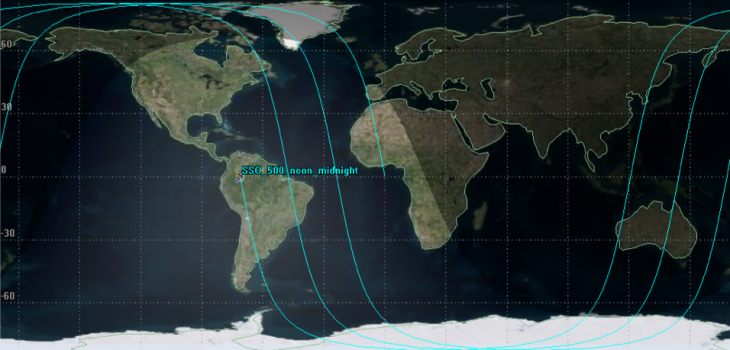INFANTE aims at changing the game in Earth Observation with innovative concepts and develop the space capabilities in Portugal. To these ends INFANTE is designed as a system of systems, integrating space, ground and launch segments to demonstrate satellite-based applications, and the performance of the satellite bus and its subsystems.
Thre Earth Observation applications have been selected as case studies, mainly focussed in the Atlantic area.
- Maritime surveillance: INFANTE will identify ships in the Atlantic and report alerts to users.
- Environmental monitoring: INFANTE will monitor slow evolving environmental phenomena (such as oil spills or algal blooms) and report data to users.
- Extreme event detection and monitoring: INFANTE will detect and monitor fast evolving phenomena (e.g. fires, floods, extreme meteorological event or other) and report data to users.
To demonstrate these three applications, INFANTE team will work closely with end users, both Portuguese and international, and integrate a Synthetic Aperture Radar and a Multispectral Camera in a fully autonomous microsatellite.
Some of the satellite’s main features will be:
- 3-axis stabilised satellite, using an active ADC system, to provide the necessary attitude and stability for the operation of the Earth Observation payloads.
- Sustainable power system building on solar panels and batteries to cope with the demanding power consumption from subsystems and payloads.
- Down/up link with the ground is required to send commands to the satellite and to receive high-resolution payload data.
- Propulsion system to maintain the orbit throughout the mission and ensure there is enough time for the demonstration of systems and applications.
INFANTE will be launched to LEO in 2020 requiring also the implementation of innovative processes for development, production, verification of the satellite and ground segment.
